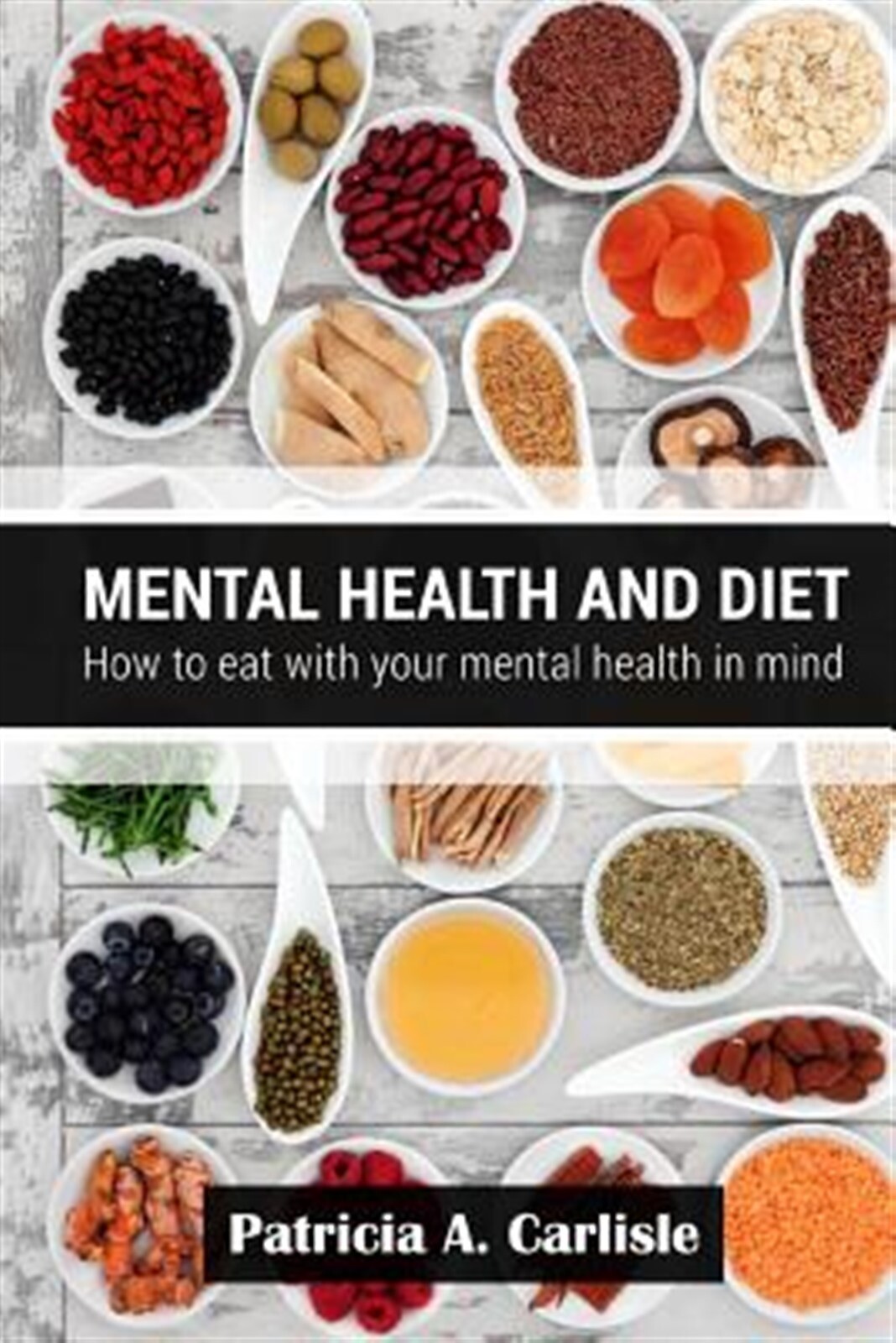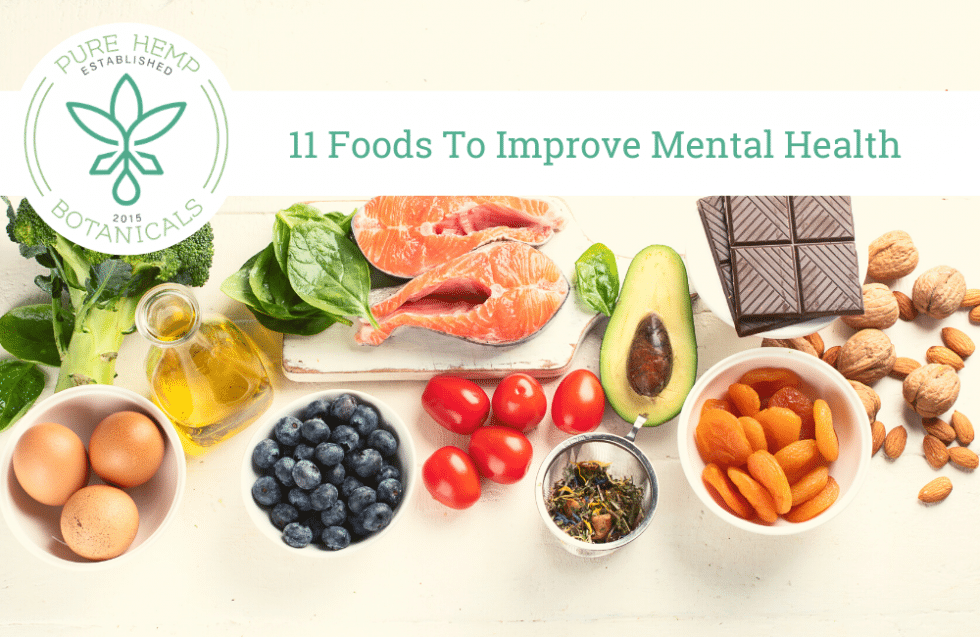Mental Health And Diet Studies

Mental Health and Diet Studies – What We Know So Far
What is Mental Health?
Mental health is a term that is used to refer to an individual’s emotional and psychological well-being. It is a state of well-being in which an individual is able to cope with the normal stresses of life, work productively and contribute to their community. Mental health is about more than just the absence of mental illness; it is about feeling good and functioning well. Mental illness, on the other hand, is a disorder or condition that affects how a person feels, thinks, behaves and interacts with others.
Mental health disorders can range from mild to severe, and can include anxiety, depression, bipolar disorder and schizophrenia. Mental health issues can be caused by a variety of factors, such as genetics, environment and lifestyle choices. It is important to remember that mental health is not a static state and can change over time, so it is important to take care of your mental health.
The Connection Between Mental Health and Diet
Recent studies have found that there is a strong connection between mental health and diet. The foods we eat can have a direct effect on our mental health, and can even contribute to the development of mental health disorders. Eating a balanced diet and avoiding processed and junk foods can help to improve mental health, as well as overall physical health.
The brain needs essential fatty acids, vitamins, minerals and other nutrients to function properly, and a diet that is rich in these nutrients can help to improve mental health. Eating a diet that is low in processed and junk foods and high in nutrient-dense foods such as fruits and vegetables can help to improve focus, concentration and mood. Eating a diet that is high in omega-3 fatty acids, such as fatty fish, can also help to improve mental health.
In addition to improving mental health, a healthy diet can also help to reduce the risk of developing mental health disorders. Eating a diet that is high in processed and junk foods has been linked to an increased risk of developing depression and anxiety, while a diet that is rich in nutrient-dense foods can help to reduce the risk of mental health disorders.
What We Still Need to Learn
Although there is a strong connection between mental health and diet, there is still much that we do not know. For example, more research is needed to understand how different nutrients affect mental health, and how the body processes these nutrients. In addition, more research is needed to understand how diet can be used to prevent or treat mental health disorders.
It is also important to remember that diet is just one factor that can affect mental health. Other factors such as stress, lifestyle, environment and genetics can also affect an individual’s mental health. Therefore, it is important to take a holistic approach to mental health, and to consider all factors that may be contributing to an individual’s mental health.
Conclusion
Mental health is an important part of overall health, and diet can have a significant impact on mental health. Eating a balanced diet that is rich in nutrient-dense foods and low in processed and junk foods can help to improve mental health and reduce the risk of developing mental health disorders. However, more research is needed to understand how different nutrients affect mental health, and how diet can be used to prevent or treat mental health disorders.
The Nutrition Of Mental Health - 46 Health Infographics That You Wish

Foodista | An Interesting Infographic On Food And Mental Health
The Nutrition of Mental Health (Infograph)
Mental Health Diet How Eat Your Mental Health in Min by Carlisle

11 Foods To Improve Mental Health - Pure Hemp Botanicals

Nourish Your Mind - Mental Health & Diet - Just Add Water

The Nutrition of Mental Health Infographic | Mental Health | Pinterest

Pin on Mental Health, Awareness & Inspiration!

Nutrition of Mental Health #infografía | Health &beauty | Pinterest
Health and wellness: Nutrition of Mental Health / The infographic
